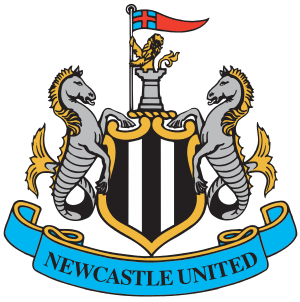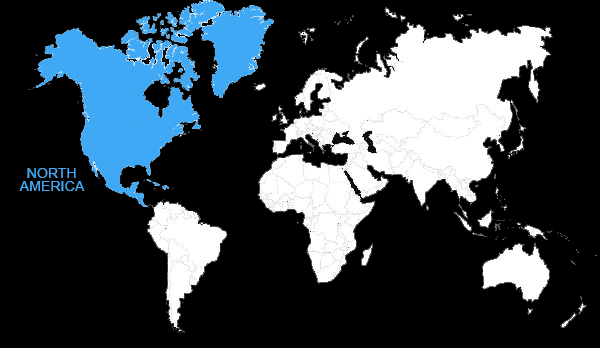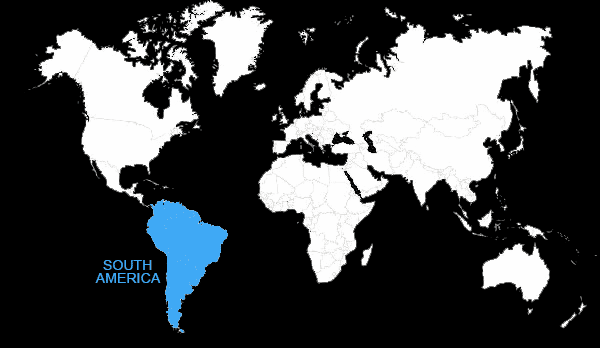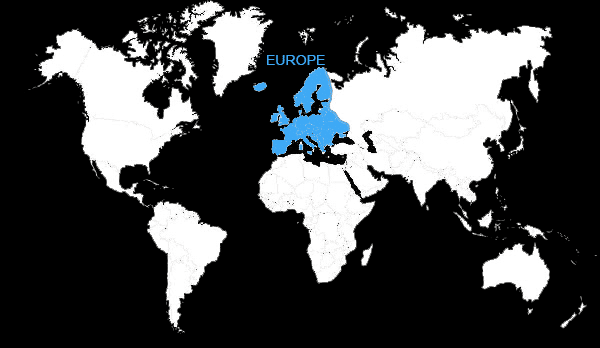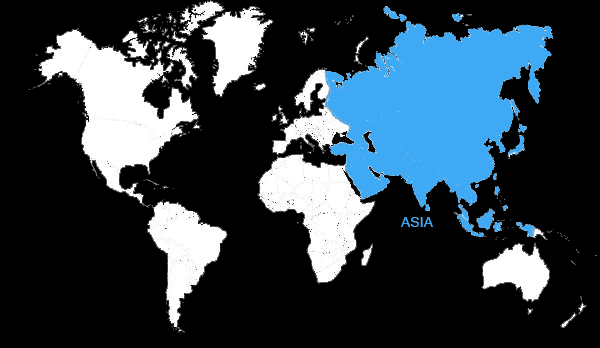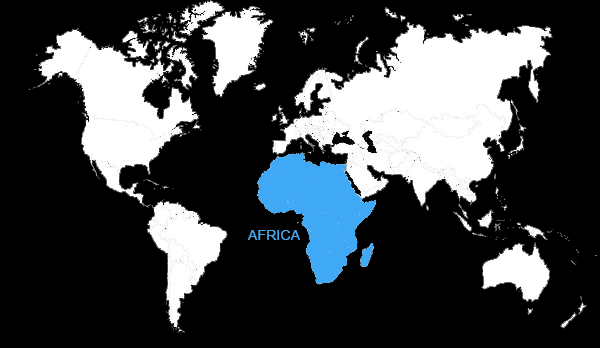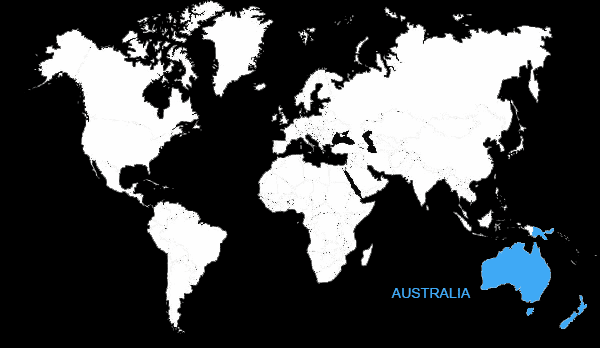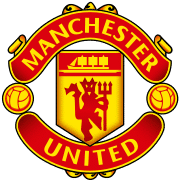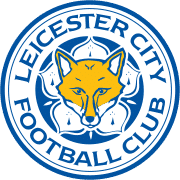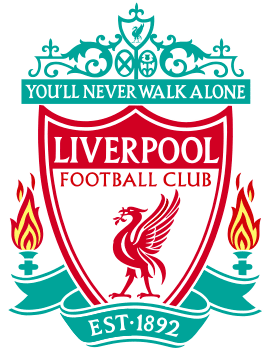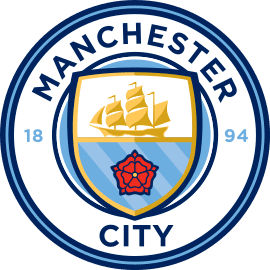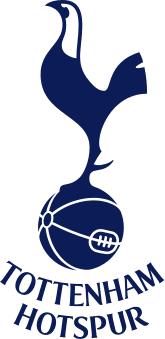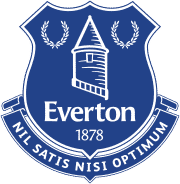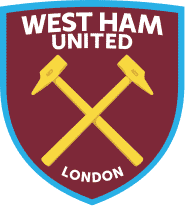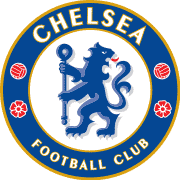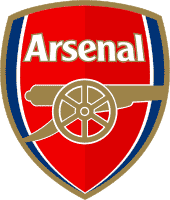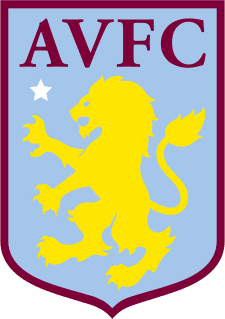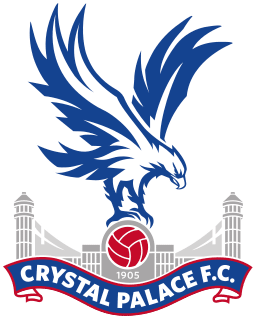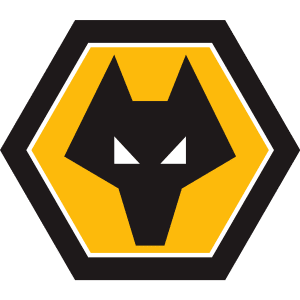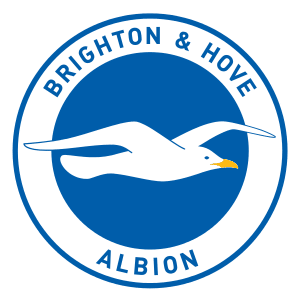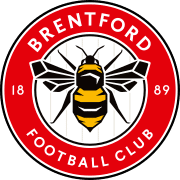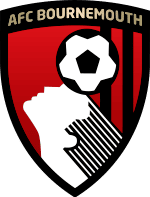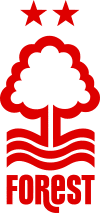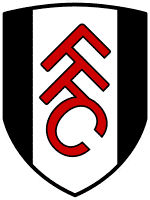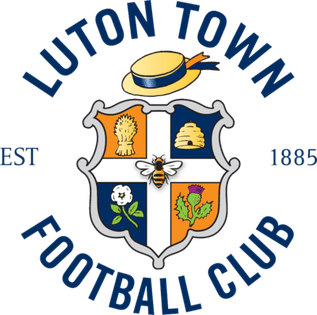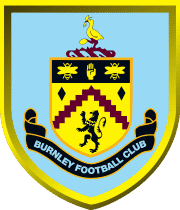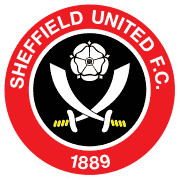Newcastle United FC Tryouts & Club Guide: History, Stadium, Players, and More!

Welcome!
Discover the world of soccer with fcscout.com, your go-to scout for club tryout information, club guides, player profiles, in-depth product reviews, and more. We’re dedicated to exploring and revealing the best in each domain, empowering you with knowledge to make informed choices.
Thank you for being here!
Hi, I’m Carlos! A coach, sports enthusiast, and the founder of FCScout.com.
I fell in love with the game at a very young age like many of you. I’ve been following and playing soccer for many years.
Throughout my career, I always enjoyed helping soccer players chase their dreams, which is why I started this website. I wanted to reach a larger audience outside of my local area and fcscout.com was born.
This website is a platform I will be using to update club pages on any tryouts, stadiums, players, tech, and more from clubs around the world. I also create free recruitment profiles for players looking to have that extra competitive edge when reaching out to clubs.
That’s it. That’s my pitch for you to stick around (or browse the site as you please).
This is already too much text for a “see more” drop-down button thing. If you want to reach out to me, head on over to my contact page 🙂
Newcastle United Football Club is an English professional football club based in Newcastle, England. The club competes in the Premier League, the top flight of English football.
Newcastle United FC Youth Development System
Newcastle United FC Academy
New Castle United Academy aims to make a postive contribution to the personal, social, academic and technical development of all schoolboy and scholarship players.
By providing a safe, professional learning environment it is expected that individuals will be given the opportunity to maximize their potential. In pursuit of this goal, Academy staff will help each player to “be the best that they can be”.
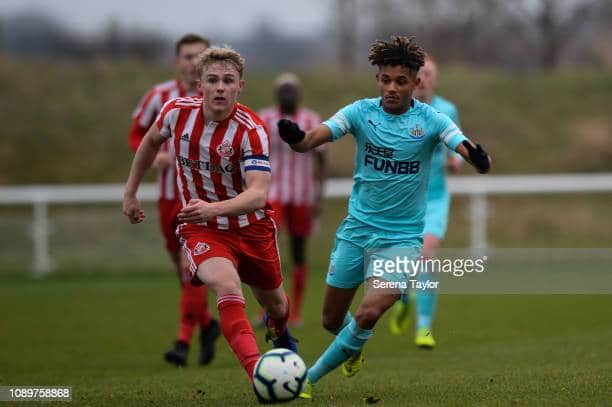
Ultimately, the objective is to produce young men who will go on to represent New Castle United’s first team.
As of now, there is no up-to-date information on trials from the official Newcastle United FC website, please check back at a later date.
Newcastle United FC Under 23 Team
The Under-23 team plays in the Premier League 2, Division 2. It also participates in the Northumberland Senior Cup each season. Newcastle Under-23 play their home games at Whitley Park, the former home ground of West Allotment Celtic, and also at the first team stadium St James’ Park. In previous seasons the team has also played at Gateshead International Stadium, the home ground of Gateshead, and Kingston Park, the home ground of Newcastle Falcons.
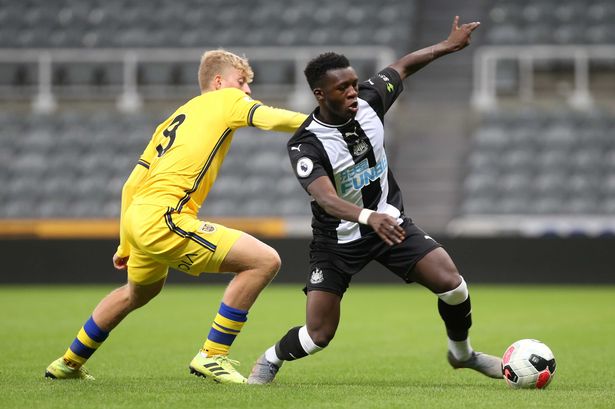
For a list of current players, please click here
Newcastle United Foundation
Newcastle United Foundation is proud to support the local community using the power of football. We use the local passion for football to encourage learning, support employability and promote healthy lifestyles that will make a real difference to the lives of disadvantaged children, young people and families in our region. You can find out more by clicking here.

For additional information on soccer schools, please click here.
Newcastle United Recruitment Trials
At the time of this writing, there is no official publishing’s on Newcastle United trials. Please come back at a later date while we monitor this club or click here to visit their official news section.
EXPLORE MORE CLUBS!
Explore more professional clubs by continent.
Newcastle United FC History
As of July 2020, the club will have spent 88 seasons in the top flight of English football, having been a member of the Premier League for all but three years of the competition’s history. Additionally, the club has never played in a league lower than the second tier of English football since it joined the Football League in 1893. The number of trophies that Newcastle Football Club has won ranks them tenth among all English clubs.
Their haul of victories includes four League championships, six FA Cups, a Charity Shield, the 1969 Inter-Cities Fairs Cup, and the 2006 UEFA Intertoto Cup. The decade between 1904 and 1910 was the most fruitful for the team, as it was during this time that they won three League titles in addition to the FA Cup. In 2009 and again in 2016, Newcastle was demoted to the Championship. The club was successful in gaining promotion on the very first attempt on both occasion, as it was crowned champion of the Championship and promoted to the Premier League in both 2010 and 2017.
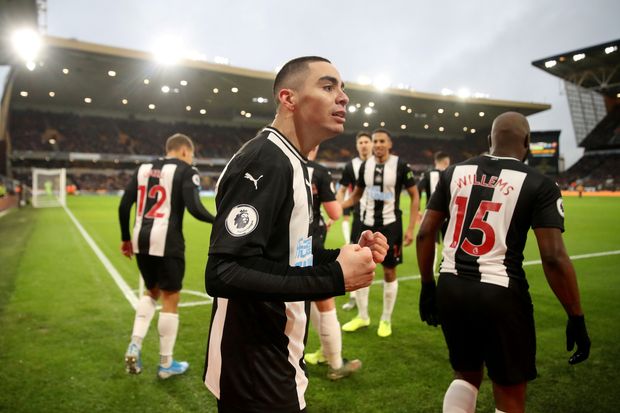
The local club Sunderland and the city of Newcastle have been rivals for a very long time. The Tyne–Wear derby has been played between the two teams every year since 1898. The club’s traditional uniform consists of shorts and socks of the same color as the shorts and shirts, which are striped and black and white. The city coat of arms, which includes two gray seahorses, is incorporated into their crest in some kind.
The team enters the field before every home game to “Local Hero,” and “Blaydon Races” is also sung during games to show support for the community. Since 2007, Mike Ashley has been the owner of the club, having taken over as chairman from long-time leader Sir John Hall. The club generated a total of €169.3 million in annual revenue in 2015, placing it at position number 17 among the highest revenue earning clubs in the globe. The year 1999 was Newcastle United’s most successful year, as the club finished the year as the fifth-highest income making football club in the world and the second-highest revenue producing club in England, behind only Manchester United.
Stadium
St. James’ Park is the oldest and largest football stadium in North East England. It is also the sixth-largest football stadium in the United Kingdom. This facility has served as the home ground for Newcastle United throughout the entirety of the club’s history. It has played host to ten senior level international football matches, the first of which took place in 1901 and the most recent of which was in 2005. Both the Summer Olympics in 2012 and the Rugby World Cup in 2015 were held there, making it one of the venues for both events.
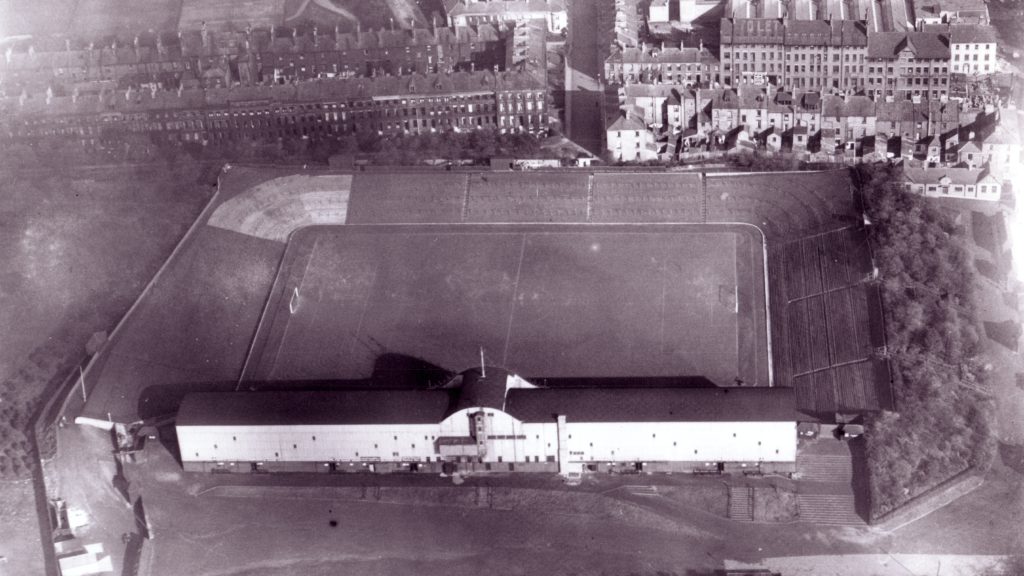
St. James’ Park hosted football matches as early as the year 1880, when they were hosted by the Newcastle Rangers. In 1886, the stadium was taken over by the Newcastle West End Football Club and became their home field. After that, in 1892, Newcastle East End F.C. purchased the lease on the property, which was prior to the club changing its name to Newcastle United. Before it was redeveloped between the years 1900 and 1905, the ground had a capacity of 30,000 around the turn of the 19th century. After the redevelopment, however, the capacity was increased to 60,000, making it the largest stadium in England at the time. Despite the many ideas that were drawn up for the stadium over the 20th century, it did not undergo significant renovations for the majority of that century.
The old West Stand was rebuilt with the Milburn Stand in 1987, and the Leazes End was replaced with the Sir John Hall Stand in 1993. In addition, the rest of the ground was restored, and it is now an all-seater stadium with a capacity of 37,000 people. The capacity of the arena was increased to its present level of 52,354 people by the addition of double decks to the Milburn and John Hall stands between the years 1998 and 2000. There were proposals to build a new stadium with seating for 90,000 people at Leazes Park, just behind St. James’, with Newcastle Falcons taking over St. James’, but those plans were scrapped due to protests.
St. James’ Park would have been taken over by the new stadium. The current capacity of St. James’ Park is 52,354, but club owner Mike Ashley has expressed interest in removing the roof from The Gallowgate end and adding another 6,000 seats, bringing the total number of available seats to 58,420. However, this expansion would only be considered by Ashley if the team managed to finish in one of the top six places in the Premier League.
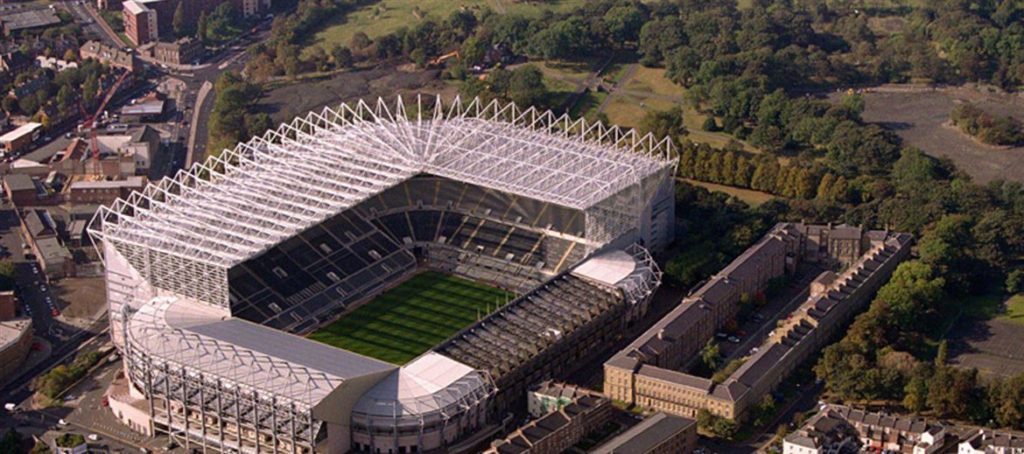
After Mike Ashley made the announcement in October 2009 that he intended to lease the name of the ground in order to boost money, the stadium was temporarily renamed sportsdirect.com @ St. James’ Park Stadium in November of the same year. This name was only scheduled to be used until the conclusion of the 2009–10 season, but it was still being used in November of 2011.
The club formally changed the name of the stadium to the Sports Direct Arena on November 10, 2011, despite the fact that this was only a temporary moniker intended to highlight the stadium’s potential for sponsorship at the time. Ashley, who is the only owner of the business, was not required to make any payments for the transaction. The payday loan business Wonga.com became the primary commercial sponsor of Newcastle United on October 9, 2012, and they also purchased the naming rights for the stadium, however they kept the name St. James’ Park.
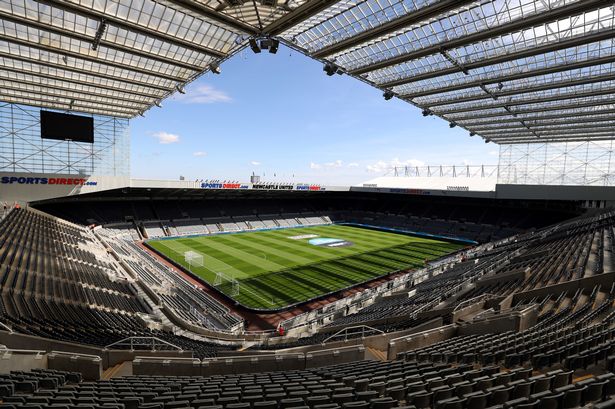
Since its opening in 1982, the St. James Metro station on the Tyne and Wear Metro has provided service to the stadium. The station is decked up in a monochromatic color scheme of black and white, and also features archive images of the club’s players.
The present club training site can be found in Darsley Park, which is situated to the north of the city in the neighborhood of Benton. The facility first opened its doors in July of 2003 and is also utilized by the rugby team known as the Newcastle Falcons.
Crest
A striped black and white shirt is what members of the club wear when they play at home. Shorts and socks are often black with white trim, although some managers will occasionally wear white socks under their shorts because they believe that wearing white socks is lucky. In the beginning, Newcastle’s colors were often those of their rival team, Newcastle East End F.C., which consisted of plain red shirts, white shorts, and red socks. This was the team’s home uniform.
The club made the decision in 1894 to change its uniforms to the striped black and white shirts that had previously been used by the reserve squad. Because neither of the two previous teams from which United was formed had these colors, the senior squad decided to utilize them. Up to the year 1897, they played in grey shorts, and from the year 1897 until 1921, they played in blue shorts, before finally settling on the black shorts that they wear today.
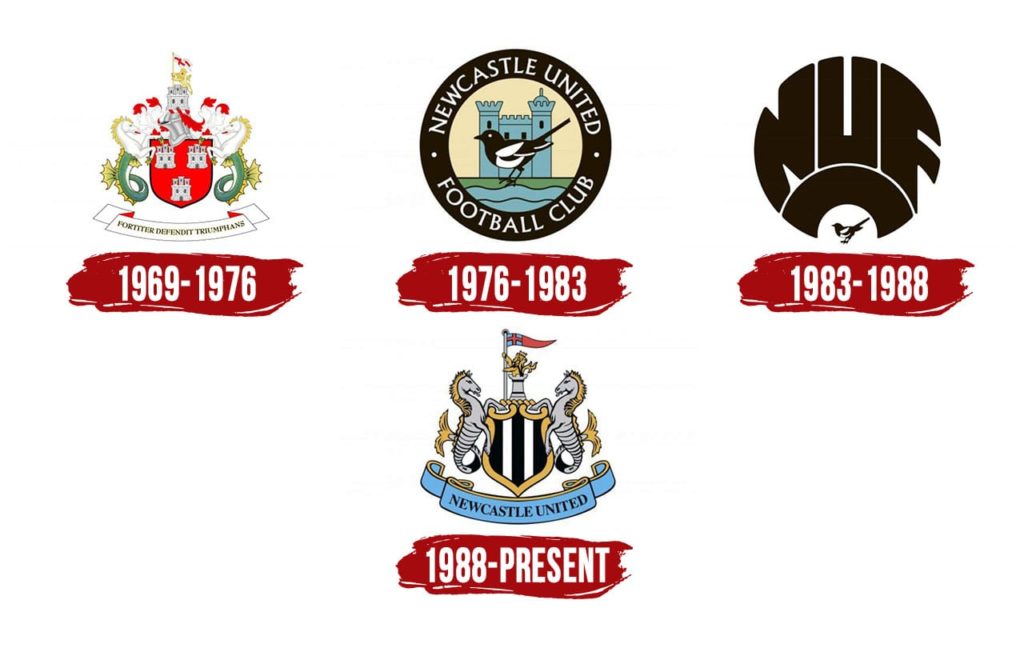
Over the course of their history, United has utilized a variety of different away kits throughout the years. From 1914 to 1961, they played in white shirts and black shorts; after that, they switched to white shirts and played in white shorts until 1966. After that, they competed in the 1967–1968 season wearing yellow jerseys and blue shorts. However, from 1969 through 1974, they had an all-red primary uniform and a primary blue alternate kit. 1974 marked their return to a yellow shirt, which they continued to wear with shorts of varying colors all the way up until 1983. From 1983 to 1988, they played in an all-grey kit, and then in 1989, they switched back to the yellow kit, which they wore until 1993. Since 1995, the away kit has undergone consistent redesigns and has never been worn for more than a single season in a row in the same iteration. As a result of the club’s owner, Mike Ashley, there is also a connection between the two entities, which is the retail company known as Sports Direct, which Ashley established. On January 4, 2012, Virgin Money, which had recently acquired Northern Rock, entered into a sponsorship agreement with Newcastle United for a period of two years. Puma became the exclusive supplier and licensee of replica products for Newcastle United Football Club in January of 2010.
As part of the agreement, Puma was responsible for supplying the squad with uniforms, replica uniforms, and equipment for practice during the 2010–2011 and 2011–2012 seasons. The current version of the club crest was introduced during the 1988–1989 campaign. The crest incorporates features from the coat of arms that are used by the city of Newcastle upon Tyne. These elements include the two sea horses and the castle that signify Tyneside’s strong connections with the sea and the Norman keep that was used by the city. In 1969, the city’s coat of arms was embroidered for the first time on the team’s shirts, and it remained a standard feature until 1976. The motto of the city, written in Latin and displayed on a scroll at the base of the structure, read “fortiter defendit triumphans,” which can be rendered into English as “victory through valiant defense.”
From 1976 until 1983, members of the club were required to wear a distinctive insignia that had been designed to stand in for the city’s coat of arms. The design was in the shape of a circle and carried the whole name of the club. It also depicted a magpie standing in front of the River Tyne with the old Norman castle of Newcastle in the backdrop. The design was worn by the club’s players. This logo was used for a relatively short time and was retired after the year 1988. It featured the initials of the club’s name, NUFC, along with the small magpie that had been used in the previous crest within the horizontally laid “C.” A more straightforward design was introduced in 1983. It featured the initials of the club’s name.
Ownership
On September 6, 1895, Newcastle United was founded as a private business that would later become limited by shares. The club transacted business in this manner for the better part of the 20th century, with ownership primarily held by the McKeag, Westwood, and Seymour families. This continued until April 1997, when John Hall, who had purchased 72.9 percent of the club for £3 million in 1991, floated the club on the stock exchange as a public limited company.
Less than half of the shares were sold to the Hall family, with Freddy Shepherd and his business partner acquiring the majority holding. Later on in same year, Hall resigned his position as chairman and was succeeded by Shepherd. John Hall’s son Douglas was appointed to the board of directors to represent the Hall family. Following the acquisition of a 6.3% share in the club for the sum of £10 million in December 1998, the media conglomerate NTL had entertained the idea of taking complete control of the club. The Competition Commission, which was founded in April 1999, voiced reservations regarding the ownership of football teams by media firms, which led to the eventual abandonment of this plan.
Through a holding company called St. James Holdings, businessman Mike Ashley purchased the combined stakes of both Douglas and John Hall in 2007, bringing his total part of the club’s ownership to 41%, with the intention of eventually purchasing the remaining shares. As soon as he bought this share, he promoted Chris Mort to the position of chairman, and he continued to buy more shares until he owned 93.19 percent of the club by June 29, 2007. On July 11, 2007, this percentage surpassed 95 percent, compelling the remaining stockholders to sell their shares in order to cash out.
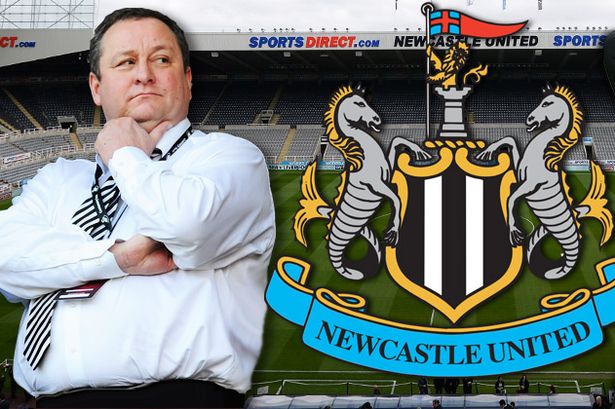
Since he finished the purchase of the club, Ashley has made three separate statements indicating that he intends to sell the club in the near future. The first incident took place on September 14, 2008, following fan demonstrations in response to Kevin Keegan’s resignation. Ashley said at the time, “I have taken in everything you have said. You want to get rid of me.
That is the goal I am working towards right now.” However, on December 28, 2008, he decided to pull it off the market because he was unable to find a buyer for it. There were rumors circulating on May 31st, 2009, that Ashley was making another bid to sell the club. On June 8, 2009, Ashley announced that the club was up for sale and had set the asking price at one hundred million pounds. At the close of business on August 31, 2009, the club was removed from sale. The news that Ashley had once again put the club up for sale was shared by Ashley on the 16th of October, 2017, when Newcastle United made the announcement. Ashley reported that he believed a deal to be finalized by Christmas 2017.
It was rumored in April 2020 that a group led by the Public Investment Fund of Saudi Arabia was putting the finishing touches on a deal to purchase Newcastle United. Concerns and criticisms have been raised as a result of the sale, including arguments that perceive it to be “sportwashing” of the country’s human rights record, as well as persistent and extensive piracy of sports broadcasts in the region.
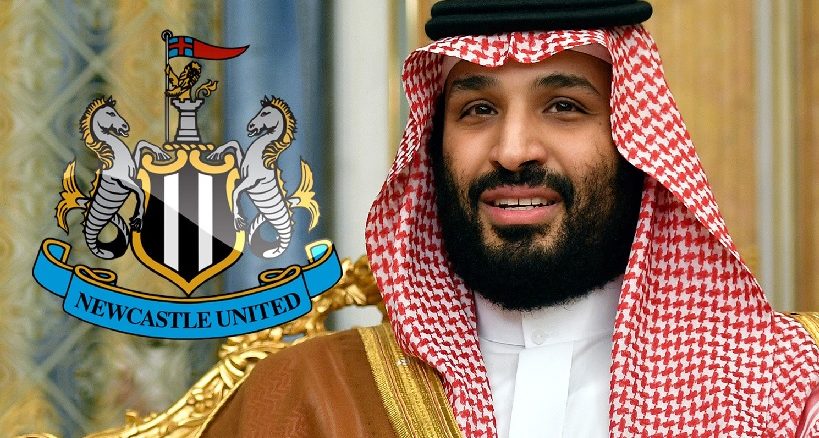
In May of 2020, two Conservative Members of Parliament asked the government to investigate certain aspects of the deal. Karl McCartney asked that the sale be halted, and Giles Watling asked the Department for Digital, Culture, Media, and Sport to hold an oral evidence session regarding sports piracy in Saudi Arabia. Both of these requests were made to the Department for Digital, Culture, Media, and Sport. The evidence that Saudi nationals had backed beoutQ, a pirate broadcaster carrying the beIN Sports networks in the region since the Qatar diplomatic crisis, was reportedly found in a report that the Premier League had obtained from the World Trade Organization (published publicly the following month), as reported by The Guardian in May 2020.
The report was made public the following month. According to a report that was published in The Guardian in June of 2020, Richard Masters, when testifying in front of the Department for Digital, Culture, Media, and Sport, had alluded to the possibility of taking over Newcastle United. In spite of this, the Members of Parliament cautioned that it would be “humiliating” to enable a Saudi Arabian consortium to take charge given the Saudi Arabian government’s history of violations of human rights and piracy. According to an article published by The Guardian in July 2020, the decision by Saudi Arabia to prevent beIN Sports broadcast from operating within the country has made the takeover of Newcastle United much more difficult. After numerous media reports showed the Kingdom of Saudi Arabia as a staunch violation of human rights, on July 30, 2020, Saudi Arabia declared that it was withdrawing its participation from the Newcastle deal.
And the World Trade Organization came to the conclusion that it was responsible for the piracy campaign that utilized the pirate-pay service beoutQ. The group’s statement upon withdrawing its interest in acquiring Newcastle United Football Club included the following phrase: “With a deep appreciation for the Newcastle community and the significance of its football club, we have come to the decision to withdraw our interest in acquiring Newcastle United Football Club.”
